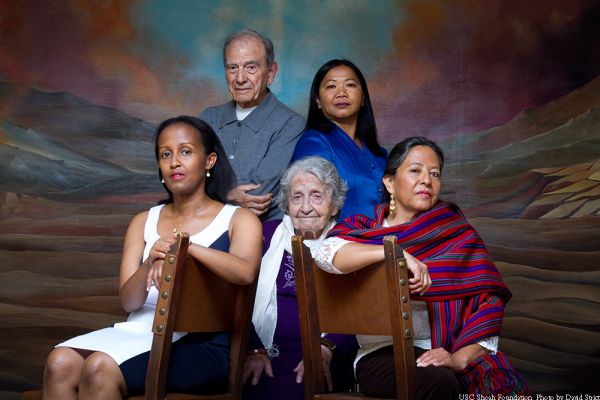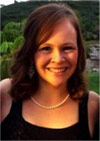Teaching with Testimony for Genocide Awareness Month

By: Deanna Hendrick


By: Peg LeVine
I recently was an expert witness from October 11-13, 2016, at the Extraordinary Chambers in the Courts of Cambodia (ECCC) in Phnom Penh, the so-called Khmer Rouge Tribunal that was established in 2001. When I mention this to colleagues, a typical response is, “That’s still going on?” Indeed. Many forget the train that runs direct from USC to Long Beach takes you to the largest concentration of Cambodian survivors in the United States, where elders make daily offerings to ancestors in their homes or Buddhist temples.
By: Olga Burkhardt
By: Stephen Smith
By: Ulrika Citron
By: Stephen Smith
As fall meets winter, we find ourselves in the seasonal in-between – summer is gone and winter is not yet biting. Yet it is in the in-between that we find moments for appreciation with friends and family. We create these moments in the cycle of the seasons. I think about what it means to live in the in-between – in a place of ambiguity and uncertainty where we must negotiate both the successes and the struggles of daily life. Progress propels us forward, but sometimes it is a roller coaster rather than the smooth gradient we may wish for.
By: Sarah Griffitts
Several months ago in my former senior high school class, students were introduced to the ideas of illiberalism. When discussing this issue, students are faced with how governments will apply laws and acts during times of crisis, as well as everyday life, that would limit or suspend civil liberties of any individual or group.
By: Jennifer Goss
By: Monika Koszyńska